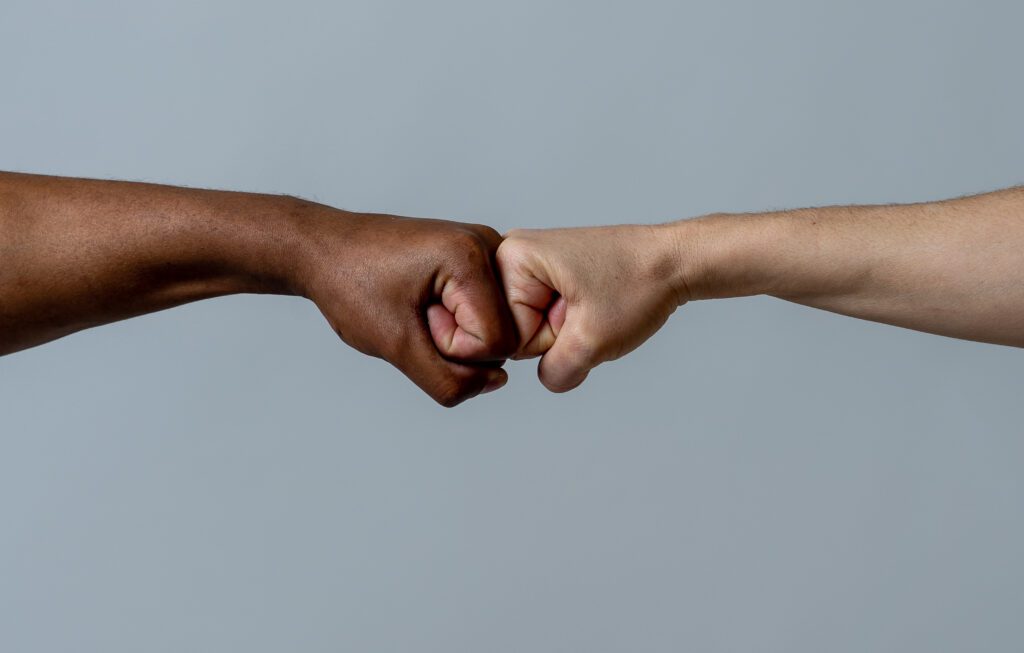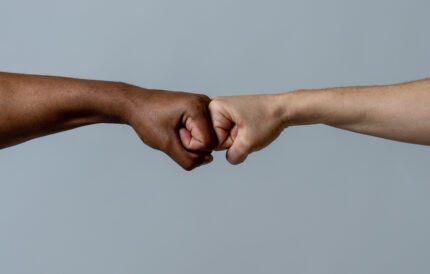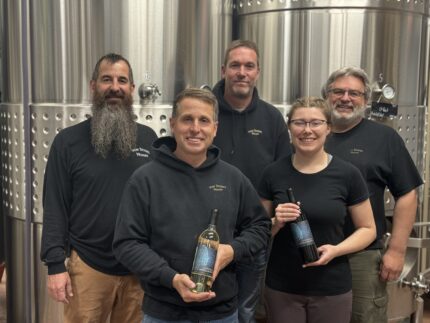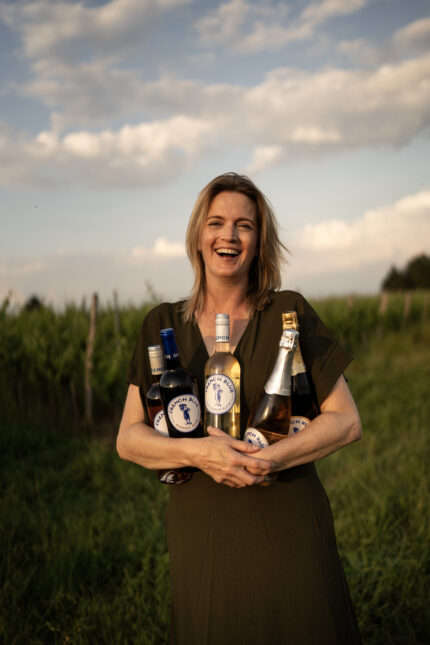Racism in wine. This is a hard subject and one that unfortunately hasn’t received national attention until the words “I can’t breathe” were uttered by George Floyd on May 25 while a white police officer knelt on his neck for almost eight minutes and started a national movement to change things.
It was only then that many in the white community realized that we had a much bigger problem in all facets of society. Upon further examination, ignorance and complacency were the problem. In fact, according to a 2020 report by The New York Times, the phrase has been used by over 70 people who died in police custody since 2014. It was a “why didn’t I know and how is this happening” awakening for some of us, myself included.
Up until that point, I would have sworn up and down that I was never that person. I considered myself “woke” and felt like I didn’t even see color (which I have since learned is not the right way to look at things either).
One of my dearest friends, Amy Stewart, is a pioneer. She is the founder of Stewart Law Group, one of the State’s only certified minority and woman-owned law firms focused on delivering successful outcomes for its business clients involved with commercial, product liability, insurance, employment, personal injury and labor disputes.
Her list of accomplishments are much longer than mine and I’m blessed to continue to learn from her. Her journey was uphill – according to the National Association for Law Placement (NALP), Black or African Women make up just 0.75 percent of all partners. I’m on her advisory board and have learned so much about the racism that she’s faced during her rise to the top. Now, I realize she’s probably told me very little.
And the wine industry is worse. In 2020 according to the Association of African American Vintners (AAAV), about one percent of one percent of all winemakers are black.
As Julia Coney, a wine writer, wine educator, speaker, consultant and creator of Black Wine Professionals said, “I shouldn’t have to bring a chair. I should be invited to the meal in my own seat,” in her powerful and open letter to the wine industry.
There’s no valid reason why this racism in wine exists. It’s not like black consumers are not spending money. According to a 2018 Nielsen report, there’s $1.2 trillion of black consumer buying power on the table.
So, these are tough, but important conversations that we need to have, and more importantly change the way things are today.
Here are three things you can do today to help:
· Pay attention and stand up. I was on a Twitter Zoom conversation with Wine Studio, an education platform for the wine industry, where we spent two weeks talking about racism and wine. Pam Riley, Wine Writer for Food and Wine Chronicles, who led us in the conversation stated, “If you are standing next to someone who is being treated different due to the color of their skin, please speak up. They deserve the same experience that you are having.” The fact that isn’t a basic of decent human behavior saddens me.
· Seek out black owned wineries (buy wine), wine shops (buy wine) and writers (read, follow, like, comment). There’s a great list right here. In terms of wineries, here are three that I highly recommend, to start. Altipiano Vineyard, where I was lucky enough to spend time with Winemaker Denise Clarke during my trip to San Diego and the Italian-style wines are wonderful; Brown Estate Vineyards, which was shared by my friend, Amy (mentioned above) and her husband on a trip last Summer; and Theopolis Vineyards. I was lucky enough to meet Theodora Lee, a senior partner and trial lawyer at Littler, who founded Theopolis Vineyards in 2003, and is known as Theo-patra, Queen of the Vineyards, at a portfolio tasting and her wine blew me away.
· Watch Uncorked. The film has been loosely adapted from the life of Master Sommelier Dlynn Proctor (who is one of my favorite former Dallas folks) and his journey. It features a predominantly black cast and focuses on the cultural, socio-economic and the racism he faced. It’s also just a great movie, so you are welcome.
Here’s my pledge as a writer. I’m going to be more inclusive in my coverage. I’m going to seek out black winemakers, make sure I have more diverse sources and ask if there is diversity in the events that I attend. I’m going to pay attention and make sure I open my eyes. I promise to do my best to be a part of the solution.




